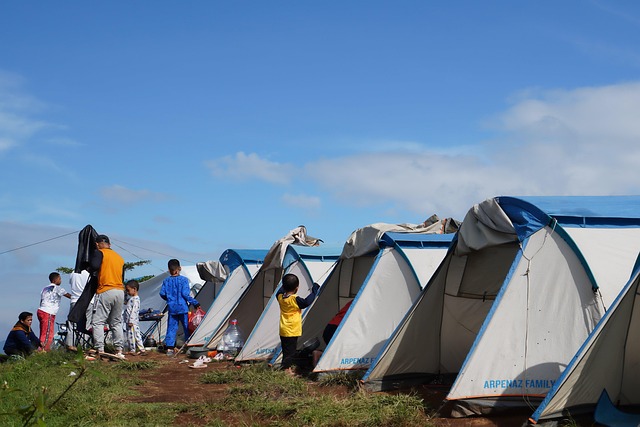The revelation of abuse and neglect at Rocky Creek Youth Camp has sparked calls for urgent child protection reforms. Survivors access counseling, support groups, and hotlines for healing. Justice demands legal consequences for perpetrators and systemic changes to protect future campers. Community support is crucial through amplifying survivor voices and advocating for policy reforms in youth facilities.
The Rocky Creek Youth Camp scandal sheds light on a profound failure of care, causing lasting harm to its survivors. This article delves into the intricacies of this disturbing incident, offering insights into the system that failed them and advocating for justice. We explore empowering resources for survivors, legal avenues for accountability, and community steps towards healing. Understanding the Rocky Creek Youth Camp scandal is crucial in ensuring such abuses are never repeated.
- Understanding the Rocky Creek Youth Camp Scandal
- Empowering Survivors: Support and Resources
- Advocating for Justice: Legal and Community Steps
Understanding the Rocky Creek Youth Camp Scandal

The Rocky Creek Youth Camp scandal has brought significant attention to the critical issues surrounding child welfare and protection. This controversy revealed a dark underbelly of alleged abuse, neglect, and unsafe living conditions within the camp’s walls. The camp, marketed as a haven for at-risk youth, was exposed for subjecting residents to physical, emotional, and sexual misconduct, shocking the community and igniting a movement for change.
The scale and severity of the alleged abuses prompted an urgent need for advocacy on behalf of the survivors. Many of these young individuals faced traumatic experiences that could have long-lasting effects on their mental health and overall well-being. The scandal underscored the importance of stringent oversight, robust reporting mechanisms, and comprehensive support systems to safeguard vulnerable youth in similar care settings.
Empowering Survivors: Support and Resources

Survivors of abuse at Rocky Creek Youth Camp can find empowerment through access to supportive resources. These include counseling services, support groups, and hotlines specifically tailored for victims of childhood trauma. Organizations dedicated to helping survivors heal offer a safe space to share experiences, process emotions, and develop coping strategies.
Empowerment goes beyond individual support; it involves creating a community that uplifts and protects. By connecting with like-minded individuals and advocacy groups, survivors can collectively advocate for change, ensuring that no one faces abuse alone. This collective action fosters resilience, encourages accountability, and helps prevent future instances of trauma within the Rocky Creek Youth Camp environment.
Advocating for Justice: Legal and Community Steps

Survivors of abuse at Rocky Creek Youth Camp deserve justice and accountability. Advocacy for these individuals goes beyond providing support; it involves a concerted effort to ensure legal consequences for perpetrators and systemic changes to protect future campers. Legal action can include pressing charges against those responsible, seeking damages in civil court, and holding the camp itself accountable for negligence. This process requires survivors to come forward and share their stories with authorities, which can be emotionally challenging but is essential for justice.
Community support plays a crucial role in this advocacy. Local organizations and concerned citizens can amplify survivor voices, raise awareness about the camp’s past issues, and push for policy changes that better regulate youth facilities. By organizing protests, hosting informational events, and engaging with decision-makers, the community can demand transparency, improved safety standards, and stronger protections for vulnerable individuals within similar institutions. Together, these legal and communal steps can work towards healing for survivors and a safer future for at-risk youth.
The scandal at Rocky Creek Youth Camp has left a lasting impact on its survivors, underscoring the need for continued advocacy. By providing support through resources and legal action, we can ensure that voices are heard and justice is served. Empowering survivors to share their stories and hold the camp accountable is crucial in healing and preventing future abuses within similar institutions. Let us remember the resilience of those who have spoken out and use their experiences as a catalyst for positive change in the community.
